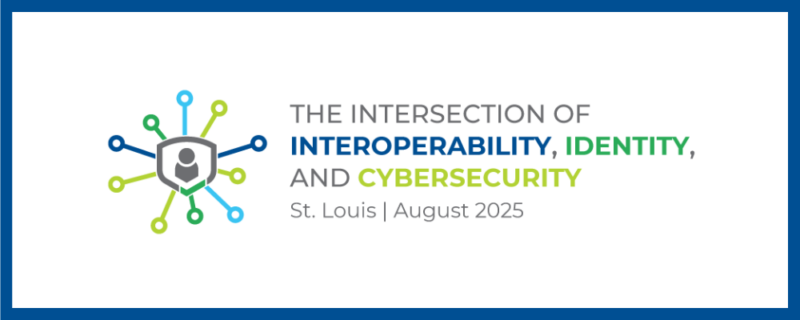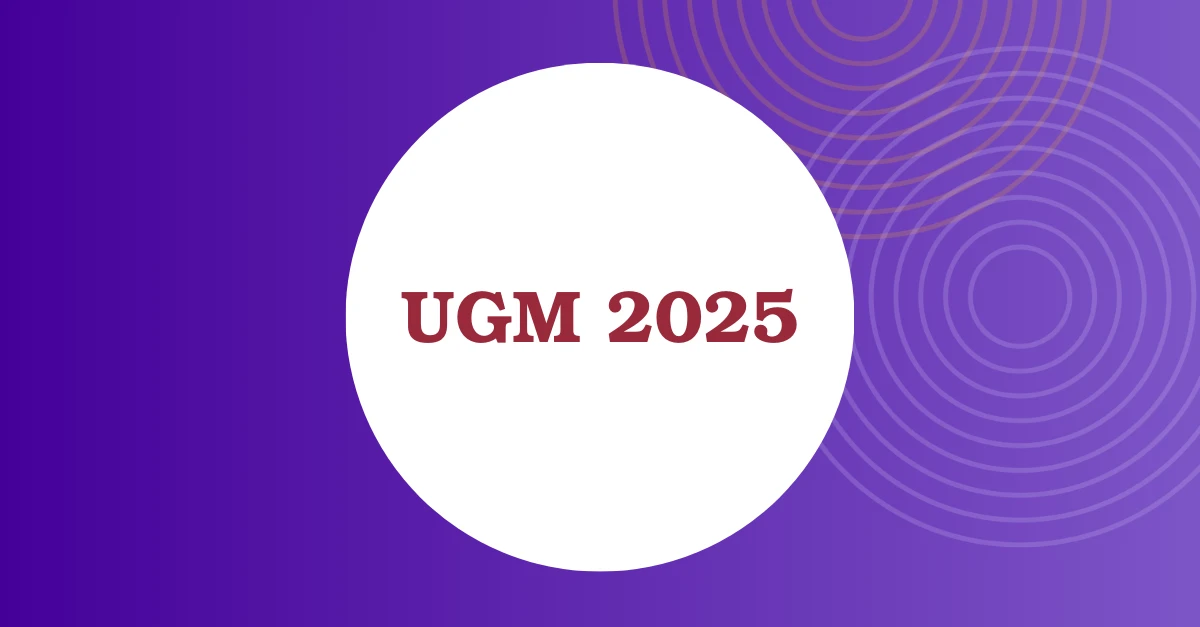Bidi smoking costs India annual INR 805.5 billion in ill health and early death
Poor already bear brunt of this; unhindered use could push more households into poverty, researcher warns
Bidi smoking cost India 805.5 billion rupees in ill health and early deaths in 2017 alone, finds research published in the journal Tobacco Control.
The poor already bear the brunt of these costs, and unhindered use of bidi tobacco threatens to push even more households into poverty, the researcher warns.
Bidi is very popular in India, accounting for most (81%) of the tobacco smoked and 72 million regular users over the age of 15.
Although bidi contains less tobacco than conventional cigarettes, the nicotine content is significantly higher. And the relatively low burn point forces smokers to breathe in more of the harmful chemicals produced.
Bidi smoking is implicated in several types of cancer, tuberculosis, and various long term lung conditions. But despite its impact on the nation’s health, it has been taxed at a rate that is a fraction of that applied to cigarettes, says the researcher.
The financial toll taken by bidi smoking in India has never been calculated. To try and put this right, the researcher drew on several sources of national and international data to estimate the direct and indirect costs of treating the ill health and early deaths attributable to the habit among 30-69 year olds in 2017.
His calculations revealed that bidi smoking cost India INR 805.5 billion (US$12.4 billion) in terms of ill health and early deaths.
Direct costs–tests, drugs, doctors’ fees, hospital stays, and transport–make up around a fifth of this total (just under 21%; INR 168.7 bn), with the remainder made up of indirect costs–accommodation for relatives/carers and loss of household income (INR 811.2 bn).
Given that around one in four 30 to 69 year old men smokes bidi, the habit takes a disproportionate toll on the nation’s men, says the researcher.
These figures amount to around 0.5 per cent of the goods and services (GDP) India produces and more than 2 per cent of its total health spend, he calculates. Yet the tax revenue derived from bidi smoking came to just INR4.17 billion in 2016-17.
Nearly one in five households in India faces “catastrophic expenditures” due to healthcare costs, the researcher points out, with more than 63 million people pushed into poverty, as a result.
“Diseases associated with bidi smoking add to this, potentially pushing more people into poverty,” he writes, suggesting that about 15 million face poverty because of spending on tobacco and associated health costs.
“Expenditure on tobacco also crowds out expenditure on food and education in India, especially among the poor,” he adds.
“Despite overwhelming evidence on the effectiveness of taxing tobacco products, taxation as a tool to regulate bidi smoking has been highly underutilised in India,” he insists, calling for for a tax hike on bidi tobacco to halt its unfettered consumption.
“Allowing bidi consumption to continue unhindered would make income distribution even more regressive, as the poor will continue to bear a disproportionately large share of economic costs from bidi smoking due to their higher bidi smoking prevalence,” he concludes.
























